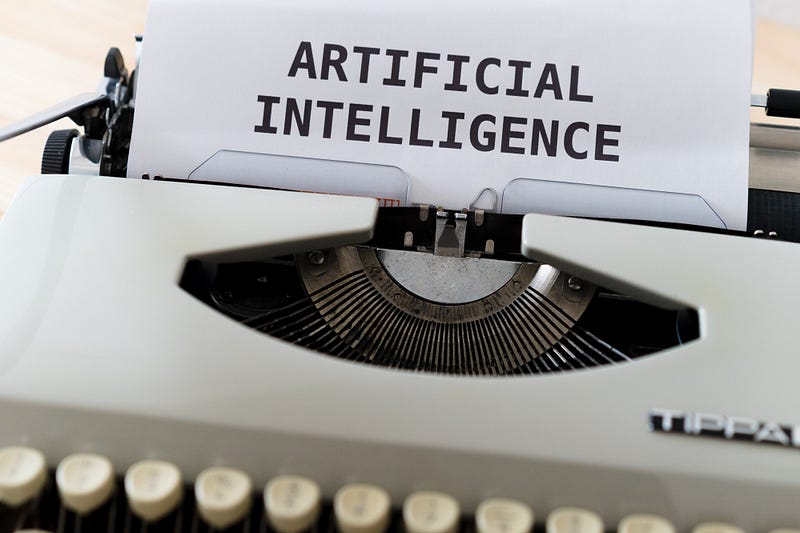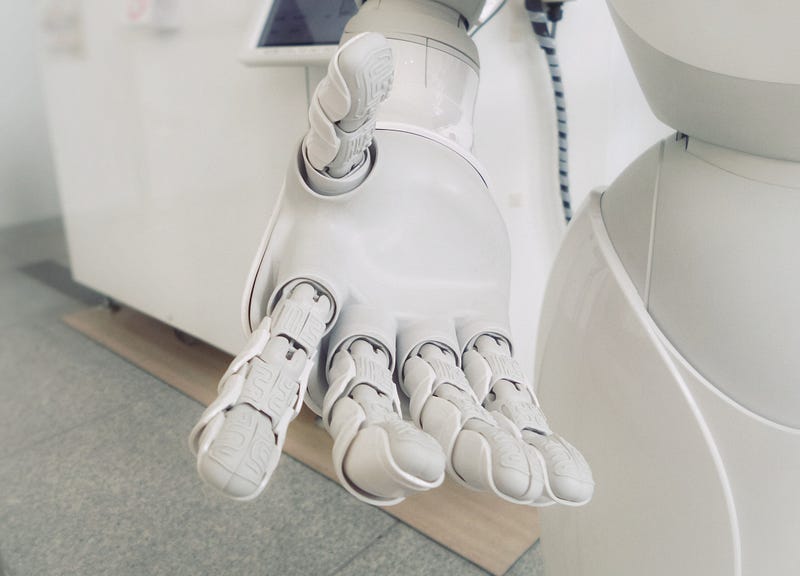Navigating the Complex Landscape of Artificial Intelligence
Written on
Chapter 1: Introduction to AI
The phrase Print("Hello World!") is a rite of passage for many programmers, originating from the 1974 book "C Programming Language" by Brian Kernighan and Dennis Ritchie. This simple line is favored for several reasons:
- Simplicity: It's easy for beginners to write.
- Tradition: It's commonly found in textbooks and tutorials.
- Instant Gratification: New programmers experience immediate results.
Interestingly, I asked ChatGPT about the history of this iconic line, and it provided the above insights.
With the rapid advancements in AI, the concern arises: will technology workers be replaced? This question has shifted from a hypothetical to an impending reality. AI's capability to learn and evolve has already led it to surpass human programmers in various tasks, particularly in coding.
In this dynamic landscape, those who neglect to integrate AI into their workflows risk obsolescence. This is not mere hyperbole; several design firms have already downsized their workforce in response to these changes. To thrive in the era of AI, tech professionals must adapt, using AI as a powerful tool to their advantage.
I am launching a new blog series titled "Artificial Data Intelligence," aimed at exploring the synergy between AI and human expertise. This series has two primary objectives:
- To deepen the understanding of AI as a valuable tool.
- To share insights on effectively incorporating AI into our professional routines.
The "Artificial Data Intelligence" series will complement existing blogs focused on:
- Careers in Tech
- Experimentation and Causal Inference
- Mastering Data Science Interviews

Chapter 2: The Positive Aspects of AI
From my experience using ChatGPT since its inception, I have been consistently impressed by its capabilities. It can quickly code in various programming languages and even translate code between languages such as Scala and Java.
ChatGPT has become my primary coding assistant, allowing me to refine pseudo-code generated by it in other development environments. This has significantly boosted my coding efficiency. Historically, programmers spent excessive time searching for code snippets and debugging, but now AI enables direct interaction through prompts within the coding interface.
Moreover, ChatGPT's extensive knowledge across numerous subjects proves invaluable during brainstorming sessions. Kudos to OpenAI for creating such a powerful tool!

Chapter 3: The Challenges of AI
However, there are challenges. Beginners with limited domain knowledge may struggle to differentiate between authentic and AI-generated content. This is a common issue across all Generative AI models and can be frustrating.
There are three scenarios to consider with AI responses:
- Most Answers Correct: Highly useful.
- Most Answers Incorrect: Still useful for reverse-engineering the correct responses.
- Mixed Accuracy: A significant challenge.
Currently, ChatGPT fits the third scenario, which limits its reliability. To navigate this, I adhere to two guiding principles:
- Rule 1: Do not accept AI-generated information without scrutiny.
- Rule 2: Always verify the accuracy of AI responses.
AI is often described as the "best average person," trained on extensive historical data to make predictions. However, this approach can overlook nuances that are critical in unique situations.
Chapter 4: The Future of Work with AI
AI is transforming coding into a more competitive landscape. Junior tech workers whose skills are primarily coding-focused may find themselves at risk of job displacement. Even experienced professionals can enhance their coding capabilities by collaborating with AI.
If coding no longer offers a competitive edge, what should we focus on? Data Scientists and Software Engineers must pivot their approach.
Instead of fixating on tools, we should prioritize problem-solving. While AI and coding are essential tools, they should not define our identity. Humans possess a remarkable ability to learn from a few experiences and develop a profound understanding of complex domains. This is where AI falls short.
The business environment is intricate, often lacking clear rules, leading to unpredictable outcomes. If input data quality is poor, the resulting output will be equally flawed. AI must still prove its efficacy in these areas.
I recently explored whether AI could replace human Data Scientists in a YouTube video. You can check it out here:
Chapter 5: Key Takeaways
In today’s competitive landscape, professionals must redefine their value propositions. Our ability to think abstractly has been instrumental in human advancement and will continue to be crucial in the AI era. Skills such as empathy, communication, creativity, reasoning, and acceptance of errors are vital for success.
Utilize AI/GPT creatively as a supportive tool in your work.
If you enjoyed this article, connect with me on LinkedIn and YouTube, and explore my other writings on Artificial Intelligence and Machine Learning.